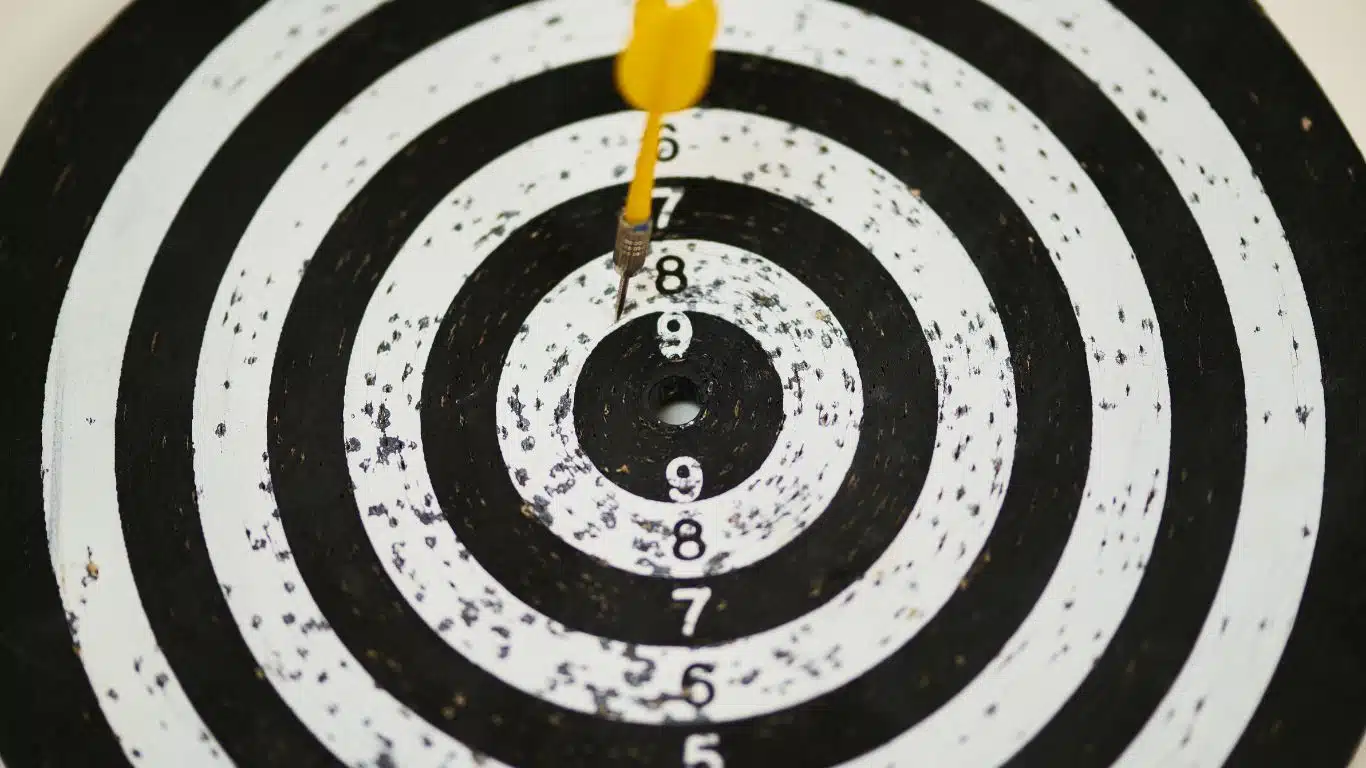- It also helps you decide whether your existing goals are worthwhile maintaining, if you are clear about whether your goa…
- Find a commitment tool that links to the actions that advance your objective by using your creativity.
- Consider recalculating your initial objective as you might no longer be able to achieve your original goal.
- Although changing your habit can be challenging, it is worthwhile.
- Your potential will suffer if you spend that time on activities that are not productive or that drain your energy or att…
- The important thing is to take action for yourself and feel better about your talents; it need not be related to your pr…
How To Stay Committed To Your Goals: Setting up metrics and having an emotional investment in reaching your goals is crucial for maintaining commitment. But when motivation wanes and it might be challenging to find a clear path through conquering difficulties. As a result, it’s crucial to maintain an energetic and emotional commitment to reaching your goals. Take this as a case study. If you reflect on a recent objective you accomplished, odds are good that you were motivated and enthusiastic in your pursuit of that goal. You could have been able to take regular action and made the desired development to that energy. On the other hand, if you’ve ever failed to reach a particular goal, it might be because you weren’t all that enthusiastic and devoted to making it happen.
You have a definite indication to stick with your existing goals if obtaining them makes you feel motivated and thrilled to take action. It also helps you decide whether your existing goals are worthwhile maintaining, if you are clear about whether your goals are interesting and energizing. Determining whether your goals are inspiring and motivating also guarantees that you select objectives that are important to you, are familiar with, and support your larger vision. You may make decisions about how you want to be affected by reaching your goals and who you want to affect by being enthusiastic and motivated about them. Here are some other simple tips to help you stay committed to your goals.
How To Stay Committed To Your Goals
Find New Commitment Devices
Authors Stephen J. Dubner and Steven Levit developed the psychological idea of a commitment device. A commitment device is essentially a mechanism or measurable consequence that motivates you to continue engaging in a behaviour. It’s a strategy to force oneself to follow a path of action that you might otherwise find difficult to do. For e.g.- you want to reduce weight but are always hesitant to use the treadmill. Watching an episode of your preferred TV show while exercising can serve as a commitment tool because it will drive you to watch the next episode. Find a commitment tool that links to the actions that advance your objective by using your creativity.

Recalculate Your Goal
You might be reading this manual in search of suggestions on how to accomplish your initial objective in spite of an oppressive challenge. Nevertheless, it is still feasible to make steady progress. Say, for instance, that you want to run a marathon this summer but that you have a serious knee ailment, for which your doctor has prescribed a month of rest. Consider recalculating your initial objective as you might no longer be able to achieve your original goal.
Take a Break
You might think about taking a break—as long as you approach it with the appropriate mindset. By the second week of February, more than 80% of people (abandoned their New Year’s resolutions), and when they do, they feel awful. They believe they failed because they lacked the stamina to complete their task. However, there is no guilt in momentarily stepping away from your primary objective, if you are dealing with considerable difficulty that might be lessened or absent in the future. Consider it a chance to gather your strength for a future trial that will be more successful rather than a failure.
Establish a New Routine
Most of the time our routines is goal oriented. Progress is the consequence of our regular routines that add up over time (or lack thereof). You’ll need a new routine to get through it if you’re dealing with novel, challenging conditions. Although changing your habit can be challenging, it is worthwhile.

Keep Your Goals Visible
Maintaining visibility of your goals is a smart strategy in addition to this. Regularly being reminded of your objective helps keep you motivated to complete it and prevents you from doing things that are unhelpful. You may, for instance, write your objective on an index card and put it in an area that you pass by frequently throughout the day.
Get Social Support
Goal achievement and social support are closely related, in part because others can keep you accountable for your objectives. When you light up a cigarette after telling a friend you’re quitting, they will serve as a constant reminder of your original goal. Social support, however, extends beyond that; depending on the challenging situations you encounter, social support may be able to assist you in overcoming them. A good friend, for instance, can assist you in managing a challenging relocation or getting through a traumatic experience. Additionally, general social support can enhance your mental and physical health enhancing your capacity to accomplish any kind of goal, even if you don’t require a particular form of assistance.
Focus on the Big Picture
Consider your objective in the context of the overall scheme of things. Your objective is probably a particular subset of a larger family of accomplishments. Although a body weight of 160 pounds may be optimum, you will benefit from any exercise and healthy eating habits. Although having specific objectives is immensely motivating, there are times when a more broad perspective is preferable.

Pay Attention to How You’re Spending Your Time
Any goal can only be achieved with effective time management. You must invest time in moving forward, whether that is by reading, exercising, or putting in real work hours. Your potential will suffer if you spend that time on activities that are not productive or that drain your energy or attention. Measuring how you spend your time is the greatest strategy for dealing with this. These are areas of time consumption that are simple to cut back on.
Eliminate One Bad Habit
Speaking of cuts, if you’re having trouble reaching a goal, try concentrating your efforts on quitting just one negative habit. The important thing is to take action for yourself and feel better about your talents; it need not be related to your primary aim.
Cultivate More Energy
Since they lack the energy, many people prematurely give up on their goals. They lack the energy to focus on their broader objectives because they are worn out from dealing with difficulties. This can be avoided by finding new ways to increase your energy. Your energy levels can be increased in several ways by eating healthily, doing exercise, drinking caffeinated beverages spending time with loved ones, caressing animals, taking power naps, and doing little things you enjoy.

Work in Smaller Time Intervals
Try to divide your goal-related work into smaller, more manageable time chunks if you’re feeling overburdened. Instead of stressing about whether you can stick to your monthly fitness schedule, concentrate on having one effective gym session. Focus on taking one class, or simply finishing one assignment for that class, rather than concentrating on earning your master’s degree. Just spend 15 minutes working on a project rather than trying to finish it in one day.
Focus on Small Victories
Similar to previously mentioned point, you can concentrate on accomplishing and acknowledging minor triumphs. Make the time to express your appreciation in some form, whether you write about it in a notebook or just chat to yourself about it; it has been shown to make you happier.
Also Read: 10 Nice Ways To Say No



